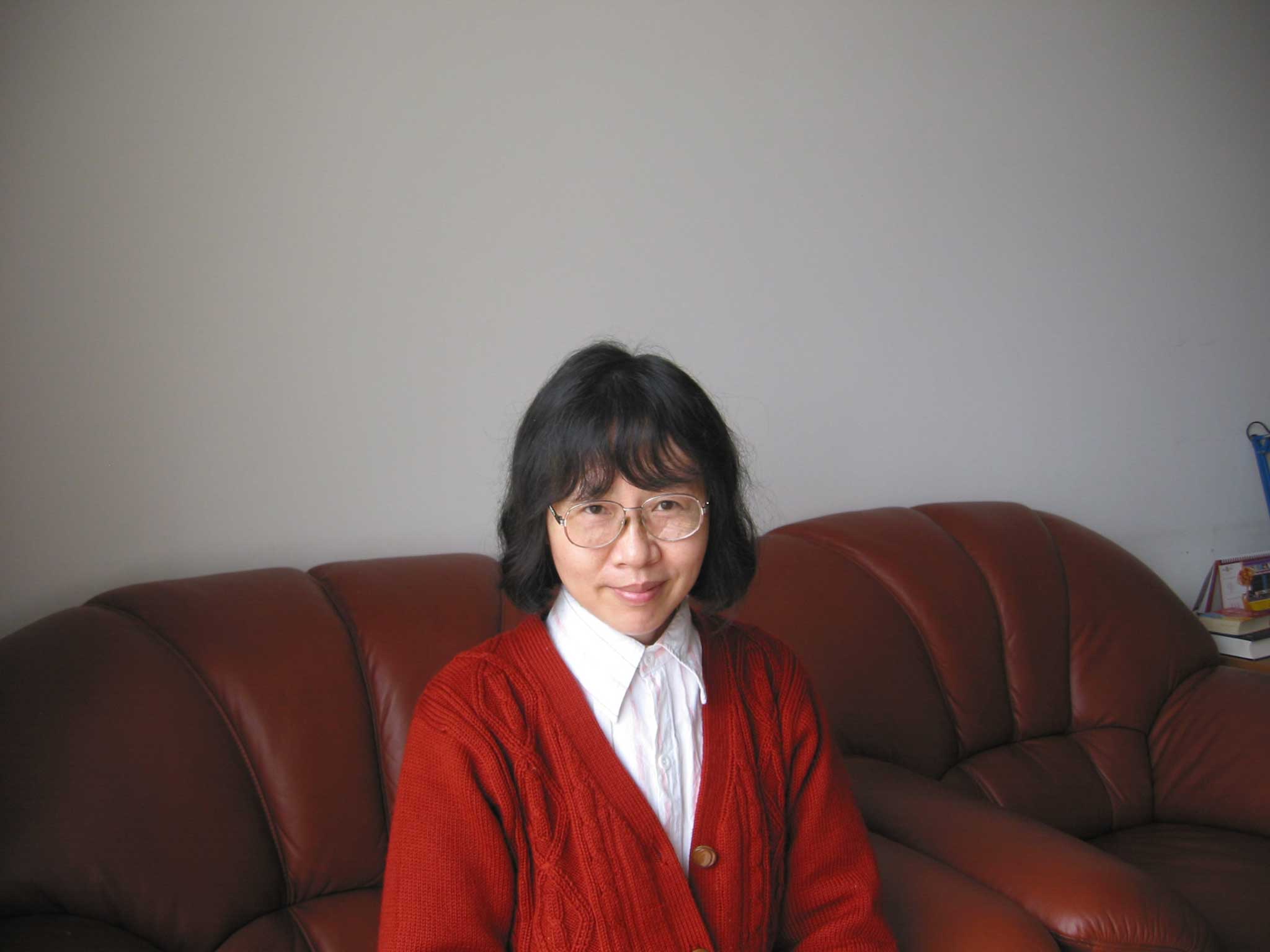The Last Lover by Can Xue, trans. Annelise Finegan Wasmoen, book review

Your support helps us to tell the story
From reproductive rights to climate change to Big Tech, The Independent is on the ground when the story is developing. Whether it's investigating the financials of Elon Musk's pro-Trump PAC or producing our latest documentary, 'The A Word', which shines a light on the American women fighting for reproductive rights, we know how important it is to parse out the facts from the messaging.
At such a critical moment in US history, we need reporters on the ground. Your donation allows us to keep sending journalists to speak to both sides of the story.
The Independent is trusted by Americans across the entire political spectrum. And unlike many other quality news outlets, we choose not to lock Americans out of our reporting and analysis with paywalls. We believe quality journalism should be available to everyone, paid for by those who can afford it.
Your support makes all the difference.While his wife Maria weaves intricate tapestries whose design feels like "dropping into an abyss", Joe manages the Rose Clothing Company in a Western nation known as "Country A".
These days, Joe – who loves stories and even has "a mania for reading" – has a sense that "everyday life has transformed into a dreamland, one that was like a chain of interlocking rings". Joe supplies garments to a rubber-plantation owner known as Reagan, who on his snake-infested tropical estate in the South pursues a steamy affair with a mysterious and seductive Eastern woman, Ida. "On this farm," we learn, "nothing was too strange."
Indeed. A maverick outsider, the Chinese writer Can Xue described herself in a recent interview as "an experimental novelist with a strongly philosophical temperament". True enough, but nothing in that bland label would prepare you for the mind-stretching enchantments of The Last Lover, one of the first of her large-scale works to appear in English. For all the otherworldly oddity of her settings, Can Xue (a pseudonym that roughly means "slushy late-winter snow") spins her endless "web of stories" with unremitting logic, pace and precision.
Joe and Maria's tale of wanderings in imagination and – sort-of – reality parallels the journey of clothing-company owner Vincent and his wife Lisa. Reagan and Ida make a third couple of adventurers in body and spirit. Mr Reagan, by the way, has plundered his estates and secretly regards an old "forest keeper" as "the true owner of this land" – but don't imagine you can pin down this author to any obvious political allegory. You're in for a much wilder ride. Born in 1953, Can Xue suffered appalling privations as a child when her family fell victim to Mao's persecution of so-called "rightists". Yet she seems both to soar above and burrow beneath the social and satirical realism of her contemporaries, such as Yu Hua, Su Tong and the 2012 Nobel laureate, Mo Yan.
Figures from the East glide enigmatically through this Chinese vision of the West – from Kim the Korean herder amid his "silent and unbroken grassland" and Amei from "Country Z", where "our palaces have red walls and green tiles, and white hares run all over the gardens", to Jin Xia, of "uncertain nationality", who runs Reagan's business. Book-obsessed Joe thinks "he has a singular feeling for Eastern stories".
One way of interpreting The Last Lover would be as a delirious cross-cultural hall of mirrors. The East dreams the West, which imagines the East as it conjures its own West… However, Joe's land of louche bars, broad vistas of prairie and mountain, and ubiquitous railroad tracks resembles not so much modern America as an Edward Hopper painting – with some extra styling by David Lynch at his uncanniest. Meanwhile, animal spirits – snakes, cats, mice, wasps, talking parrots – add yet another layer of fantasy.
The super-real world of Murakami will spring to some readers' mind, while Can Xue herself acknowledges her debt to Kafka (especially his own fantasia of the West, Amerika), Borges and Calvino. For local comparisons, I would add the waking dreamscapes of JG Ballard or Kazuo Ishiguro. Can Xue delves into "the dual nature of the world" as subjective and objective, self and other.
So the theme of East and West locked together in stories of mutual desire joins a broader interrogation of love as both the final fruit of selfhood and a way to break its chains, given that "Some people are an unsolvable mystery to other people." At the finale, Joe travels East to meet Vincent – and to encounter his former life – in the "village of dreams". Translated by Annelise Finegan Wasmoen with all the hallucinatory clarity that her prose demands, Can Xue guides us through that bewitching place.
Join our commenting forum
Join thought-provoking conversations, follow other Independent readers and see their replies
Comments